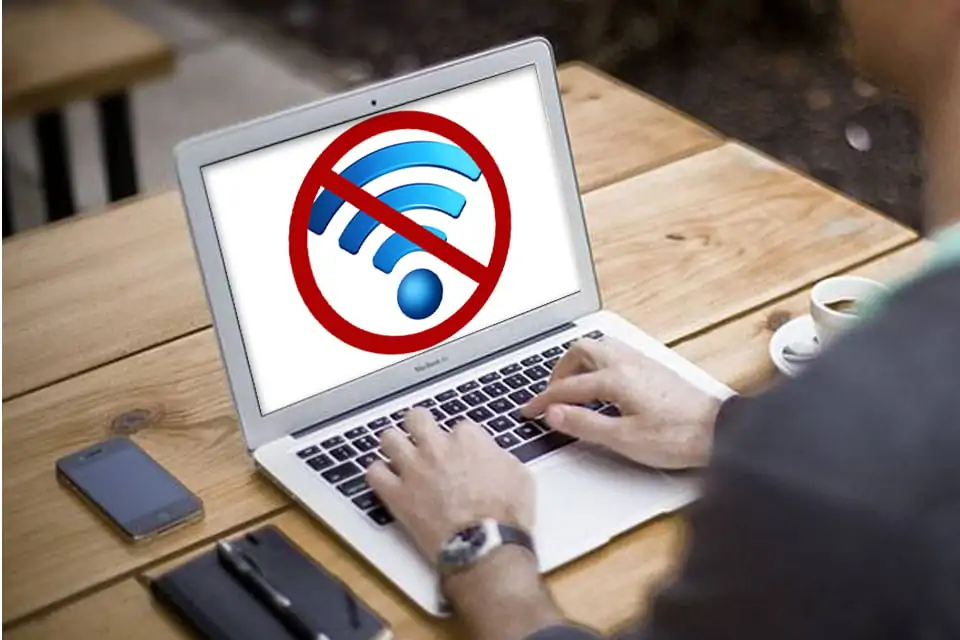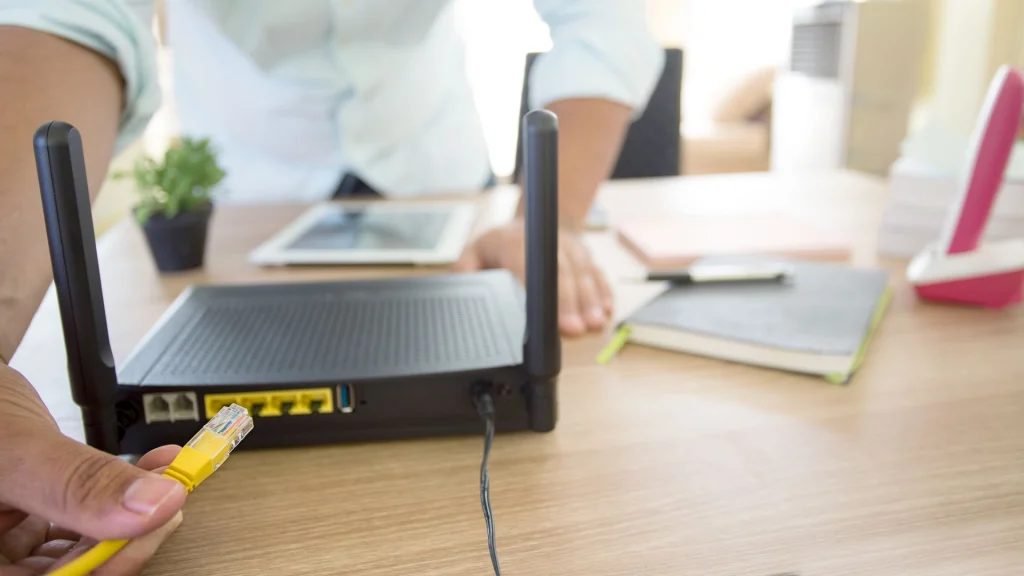Internet Issues
In today’s digital world, a fast internet connection is essential for smooth communication, work, and entertainment. Slow internet speeds are a common frustration in Pakistan due to various factors, such as outdated infrastructure and high user traffic. In this article, we’ll explain how to diagnose and fix common internet issues and share interesting facts to enhance your knowledge about the internet.

Diagnosing Common Internet Issues in Pakistan
Before addressing the problem, identify the cause of your slow internet. Here’s how:
Test Your Internet Speed
Use platforms like Speedtest.net to measure your download and upload speeds and compare them with your service provider’s advertised speeds.
Check Router Placement
Wi-Fi signals can be blocked by walls, furniture, or electronic appliances. Ensure your router is centrally located and unobstructed.
Monitor Data Usage
Heavy usage from multiple devices or streaming services can overload your bandwidth.
Inspect Equipment
Faulty or outdated routers, cables, or splitters can slow your connection.
Review ISP Performance
Frequent outages or speed reductions might indicate throttling by your Internet Service Provider (ISP).

Fixing Common Internet Problems
Once you’ve identified the cause, use these solutions to boost your internet speed:
Improve Router Placement
Position your router in an open, central location to maximize coverage. Avoid placing it near devices that emit electromagnetic signals, such as TVs or microwaves.
Secure Your Network
An unsecured Wi-Fi network can be accessed by unauthorized users, reducing bandwidth. Update your password regularly and use WPA3 encryption for better security.
Use a Wired Connection
For critical tasks, connect your device directly to the router via an Ethernet cable, which provides more stable and faster speeds.
Restart Your Router
Rebooting your router clears its cache and resolves minor software glitches, potentially improving speed.
Limit Background Applications
Disable auto-updates and close apps running in the background on your device to prioritize your internet usage for essential tasks.
Update Your Equipment
Replace old routers or cables that might not support high-speed connections. Look for devices compatible with Wi-Fi 5 or Wi-Fi 6 standards.
Optimize DNS Settings
Switch to faster Domain Name System (DNS) servers like Google Public DNS (8.8.8.8) or Cloudflare (1.1.1.1) to reduce latency.
Install Signal Boosters
For larger homes, use Wi-Fi extenders or mesh networks to eliminate dead zones and enhance coverage.
Contact Your ISP
If issues persist, report them to your ISP and request technical support. Inquire about upgrades or alternate packages to meet your needs.

Did you Know
- How to protect data online:
Why protecting your data online is crucial and important. Best practices to protect your data online: click here - Pakistan’s First Internet Provider:
Pakistan introduced its first internet service, BrainNET, in 1996, laying the foundation for digital connectivity in the country. - Fiber Optic Coverage:
Although fiber-optic networks offer superior speeds, they currently cover only a fraction of Pakistan’s urban areas. - Global Average Speed:
The average global internet speed is over 40 Mbps, while Pakistan’s average often lags behind due to infrastructure challenges. - Peak Internet Traffic:
Internet speeds may drop during peak hours (usually in the evening) when user activity is highest. - Undersea Cables:
Pakistan’s internet is connected to the world through submarine cables like SEAMEWE-5, which occasionally face outages due to damage. - How to increase your mobile phone battery time:
Simple tips for longer battery time and usage click here.
Conclusion
Speeding up your internet connection in Pakistan requires a mix of troubleshooting, optimizing settings, and upgrading equipment where necessary. With a better understanding of how to diagnose and address common issues, you can enhance your online experience. Don’t forget to contact your ISP for persistent problems or explore better service providers in your area.
By taking these steps, you can ensure a smoother, faster, and more reliable internet connection to meet your daily needs.
Frequently Asked Questions (FAQs)
1. Why is my internet slow despite having a good package?
Your speed may be affected by router placement, outdated equipment, or high bandwidth usage during peak hours.
2. How can I tell if my router needs replacement?
If your router is over five years old or doesn’t support modern Wi-Fi standards, it’s time to upgrade.
3. Can changing DNS servers improve my internet?
Yes, switching to faster DNS servers like Google or Cloudflare can reduce latency and improve browsing speeds.
4. Is using a VPN a good way to enhance internet speed?
A VPN can sometimes improve speed if your ISP is throttling certain services, but it may also slow down your connection due to encryption overhead. Do you know what is a VPN? Why do you need one? touch here
5. How can I avoid slow speeds during peak hours?
Upgrade to a higher-speed package, limit non-essential usage, or use the internet during off-peak hours.

